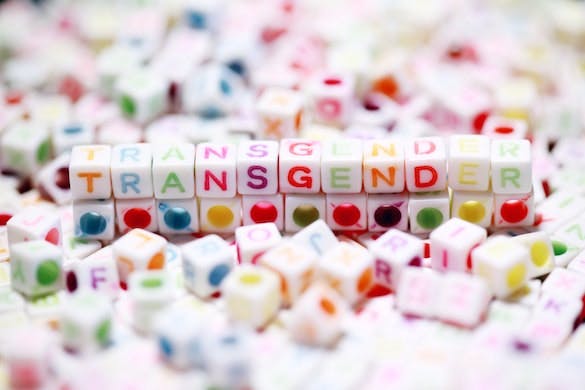
Iran Adds 7 Years to Prison Sentence for Nobel Laureate Narges Mohammadi
By SUN STAFF and ASSOCIATED PRESS
|‘We intend to fight as long as we need to protect our parents’ rights and the rights of children.’

Already have a subscription? Sign in to continue reading

By SUN STAFF and ASSOCIATED PRESS
|
By MATTHEW RICE
|
$0.01/day for 60 days
Cancel anytime
By continuing you agree to our Privacy Policy and Terms of Service.
By DAVID JONES